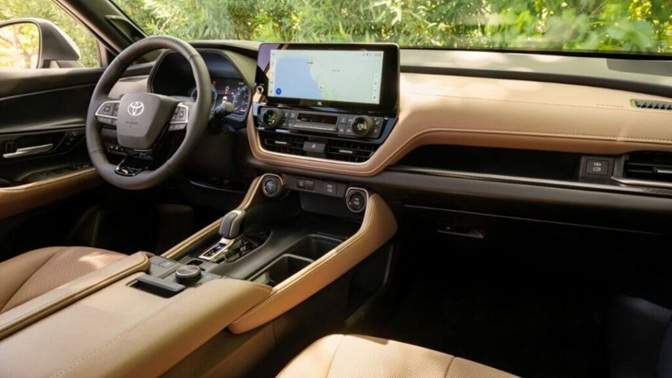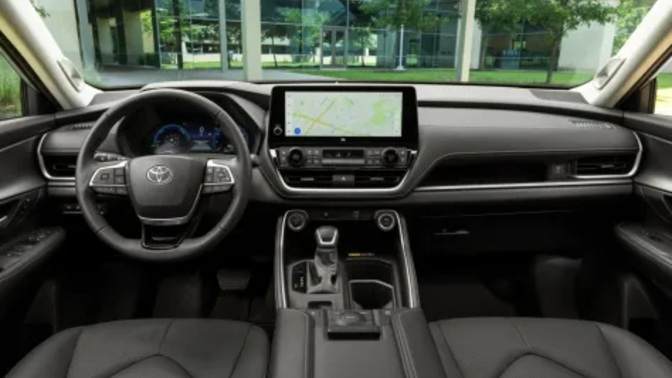Electric Vehicle Fuel Savings Calculator
Calculate how much you can save by driving an electric vehicle compared to a gasoline vehicle
Annual mileage driven
Typically 25-35 kWh/100mi
National average: $0.15/kWh
National average: ~$3.50/gallon
Miles per gallon
Select calculation period
Your estimated yearly savings:
Cost Comparison
How the Calculation Works
Step 1: Electric Vehicle Cost = (Distance / 100) × (kWh/100mi) × Electricity Price
Step 2: Gas Vehicle Cost = (Distance / MPG) × Gas Price
Step 3: Savings = Gas Vehicle Cost – Electric Vehicle Cost
Example: (12,000 miles / 100) × 30 kWh/100mi × $0.15/kWh = $540.00

As electric vehicles continue to transform the automotive landscape, one of the most compelling reasons to make the switch is the potential for significant fuel savings. Our Electric Vehicle Fuel Savings Calculator helps you understand exactly how much you could save by switching from a gasoline-powered vehicle to an electric vehicle.
This comprehensive guide will walk you through how to use the calculator effectively, explain the formulas behind the calculations, and provide insights into maximizing your EV savings.
How to Use the EV Fuel Savings Calculator
Our calculator is designed to be intuitive, but following these steps will ensure you get the most accurate results:
Step 1: Enter Your Driving Information
Start by inputting your typical driving habits and vehicle efficiency:
- Annual Mileage: Enter the total number of miles you drive each year
- EV Efficiency: Input your electric vehicle's efficiency in kWh per 100 miles (typically 25-35 kWh/100mi for most EVs)
Typical EV Efficiency Values:
| Vehicle Type | Typical Efficiency (kWh/100mi) |
|---|---|
| Compact EV | 25-28 kWh/100mi |
| Mid-size EV | 28-32 kWh/100mi |
| Large EV | 32-38 kWh/100mi |
| Performance EV | 35-45 kWh/100mi |
Step 2: Enter Energy Costs
Input the current energy prices in your area:
- Electricity Rate: Your cost per kilowatt-hour (kWh)
- Gasoline Price: Current price per gallon of gasoline
Average Energy Prices in the US:
| Energy Type | Average Cost |
|---|---|
| Electricity | $0.15/kWh |
| Gasoline | $3.50/gallon |
Step 3: Compare Vehicle Efficiency
Provide information about the gasoline vehicle you're comparing against:
- Gas Vehicle MPG: The fuel efficiency of your current or comparable gasoline vehicle
- Timeframe: Select whether you want to see monthly, yearly, or 5-year savings
Step 4: Calculate and Interpret Results
Review your potential savings, which include:
- Electric vehicle charging costs
- Gasoline vehicle fuel costs
- Your potential savings
- Visual comparison of costs
Mathematics Behind EV Fuel Savings Calculator
The calculator uses three straightforward formulas to determine your potential savings:
Formula 1: Electric Vehicle Charging Cost
Electric Cost = (Distance / 100) × (kWh/100mi) × Electricity Price
Example:
For 12,000 miles driven annually in an EV that uses 30 kWh per 100 miles with electricity at $0.15/kWh:
(12,000 / 100) × 30 × 0.15 = $540 per year
Formula 2: Gasoline Vehicle Fuel Cost
Gasoline Cost = (Distance / MPG) × Gas Price
Example:
For 12,000 miles driven annually in a gas vehicle that gets 25 MPG with gas at $3.50/gallon:
(12,000 / 25) × 3.50 = $1,680 per year
Formula 3: Savings Calculation
Savings = Gasoline Cost - Electric Cost
Example:
$1,680 - $540 = $1,140 annual savings
Factors That Impact EV Savings
Several variables can influence your actual savings:
- Driving Habits: Aggressive driving reduces efficiency in both EVs and gas vehicles
- Charging Strategy: Time-of-use rates can significantly reduce charging costs
- Climate Conditions: Extreme temperatures can affect battery efficiency
- Vehicle Maintenance: EVs typically have lower maintenance costs
- Regenerative Braking: This feature can improve efficiency in stop-and-go traffic
Maximizing Your EV Savings
To get the most financial benefit from your electric vehicle:
- Charge During Off-Peak Hours: Take advantage of lower electricity rates at night
- Use Public Charging Strategically: Some public stations offer free charging
- Precondition Your Battery: Warm or cool your cabin while still plugged in to preserve range
- Practice Efficient Driving: Smooth acceleration and deceleration improve efficiency
- Monitor Tire Pressure: Properly inflated tires improve efficiency for all vehicles
Typical EV Fuel Savings Scenarios
Based on national averages, here's what you might expect to save:
| Scenario | Annual Miles | EV Efficiency | Gas MPG | Annual Savings |
|---|---|---|---|---|
| City Commuter | 10,000 | 30 kWh/100mi | 22 MPG | $950 |
| Average Driver | 12,000 | 32 kWh/100mi | 25 MPG | $1,140 |
| Long Commute | 18,000 | 34 kWh/100mi | 28 MPG | $1,580 |
| Family Road Trips | 20,000 | 36 kWh/100mi | 20 MPG | $2,300 |
Frequently Asked Questions
How accurate is the calculate fuel savings Calculator?
Our calculator provides a reliable estimate based on the inputs you provide. Actual savings may vary based on driving conditions, vehicle efficiency, and energy prices in your area.
Do EV savings outweigh the higher purchase price?
For many drivers, the fuel savings alone can offset the higher upfront cost of an EV within a few years. When combined with lower maintenance costs and potential tax incentives, the total cost of ownership is often lower for EVs.
Are there other cost savings with EVs beyond fuel?
Yes, EVs typically have lower maintenance costs since they have fewer moving parts, no oil changes, and regenerative braking that reduces brake wear.
How does home charging installation affect the cost calculation?
The calculator focuses on fuel costs only. You may need to consider the cost of installing a home charging station, though many utilities offer incentives that can offset this expense.
Does the Ev Fuel Saving calculator account for public charging costs?
The calculator uses a single electricity rate. If you frequently use paid public charging stations (which often cost more than home charging), your actual charging costs may be higher.
Understanding the potential fuel savings of an electric vehicle is an important step in making an informed decision about your next car purchase. Our EV Fuel Savings Calculator provides a personalized estimate based on your specific driving habits and local energy prices.
While fuel savings are significant for most EV owners, it's important to remember that the total cost of ownership includes other factors like maintenance, insurance, and potential tax incentives. For many drivers, switching to an electric vehicle represents not just an environmental choice, but a financially smart one as well.
Use our calculator regularly as energy prices change and as you consider different electric vehicle models to get the most accurate picture of your potential savings.
Similar Automotive Calculators



